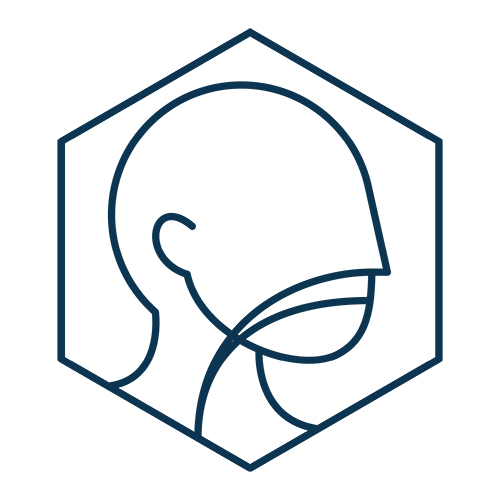
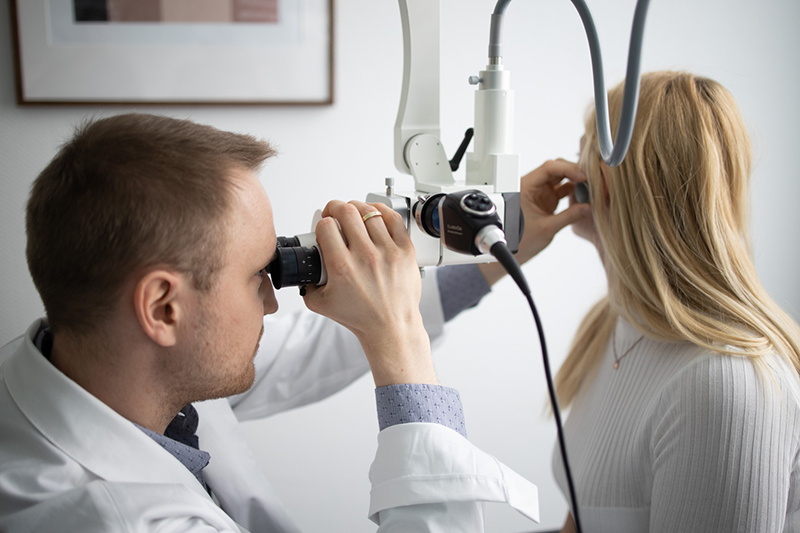
What does
ENT deal with?
The ear, nose, pharynx, larynx, and neck are five seemingly distinct parts of the human body, yet they are closely connected not only in terms of developmental biology, anatomy, and physiology but also in the diseases and symptoms affecting them, which often require complex ENT examinations and treatments.
At our clinic, we treat diseases of the external ear, such as inflammations, infections, and injuries of the auricle and ear canal. We also address common middle ear conditions, like various forms of middle ear infections, as well as inner ear diseases, including hearing loss and vertigo disorders.
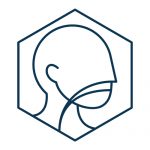
When should you visit an ENT specialist?
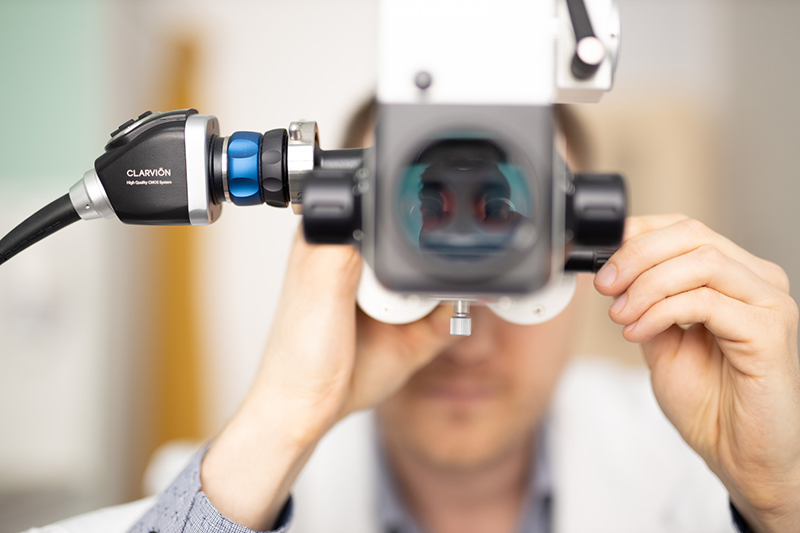
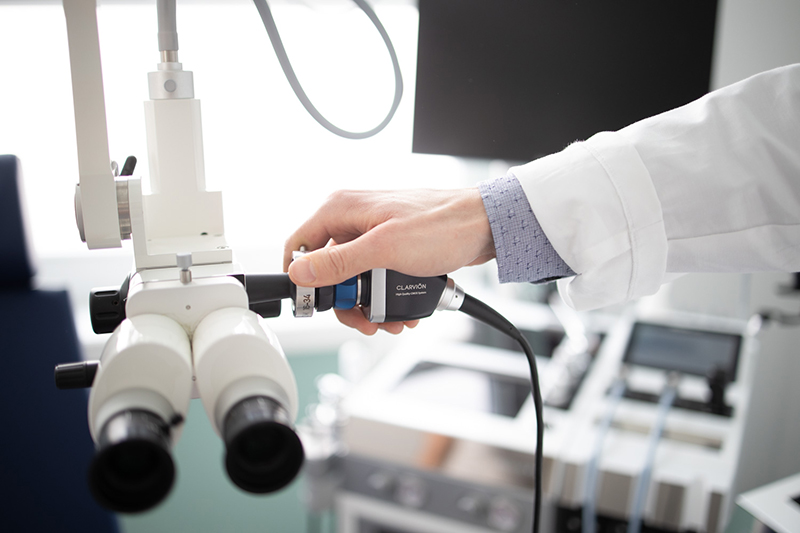
How does an ENT examination proceed?
Our specialist will inquire in detail about your previous known diseases, surgeries, medications, and then your current symptoms. The external ear and to some extent the middle ear are examined with an otoscope and/or microscope. The nose is examined using a nasal speculum and endoscope. The oral cavity and throat are examined with a tongue depressor and palpation, while the pharynx and larynx are examined using a laryngeal mirror, a rigid or thin, flexible endoscope inserted through the nose (with anesthesia, of course). The salivary glands, thyroid gland, and other soft tissues of the neck are also examined by palpation.
Additional Information
The investigation and treatment of acute and chronic nasal breathing problems, runny nose, and nosebleeds (such as nasal polyps, hay fever, acute purulent sinusitis) are also an important part of our specialty.
For acute or prolonged throat pain, swallowing difficulties, hoarseness, and a lump sensation, endoscopic/fiber-optic examination is essential for diagnosis and treatment planning. Our clinic’s state-of-the-art equipment allows for these procedures.
One of our key specialties is the screening, investigation, and treatment planning for cancerous diseases in the head and neck region (skin tumors, nasal and sinus tumors, oral, pharyngeal, and laryngeal cancers, neck metastases, thyroid cancers).

Prices in ENT
Our Doctors in ENT


Pediatric ENT
In children, the immune system is not yet fully developed, making them more prone to upper respiratory tract infections, and they often struggle more with the symptoms than adults. Complicating matters is the difficulty in clearing the nose, especially in infants, where even small amounts of mucus can block the narrower upper airways. Without proper care, this can lead to chronic, lifelong problems in adulthood, so it is important to consult a pediatric ENT specialist in a timely manner. Young patients often cannot accurately describe their pain or symptoms, making the role of the specialist even more crucial in their recovery.
The treatment of ENT conditions in children is not significantly different from that in adults, but due to the mentioned factors, diagnosis requires careful attention and thoroughness from the specialist.
When should you visit a pediatric ENT specialist?
As a parent, it can be difficult to recognize or interpret a child’s signs of pain. However, if there is a change in behavior, it is often a warning sign that something is wrong. Based on the recommendations of your pediatrician, the most common reasons to consult a pediatric ENT specialist are upper respiratory tract infections, complications from viral colds, pharyngitis, tonsillitis, and middle ear inflammation caused by enlarged adenoids. If you notice any of the following symptoms in your child, especially if they persist, we recommend seeing a specialist as soon as possible:

Our Doctors in Pediatric ENT Prices in ENT ENT Pediatrics


